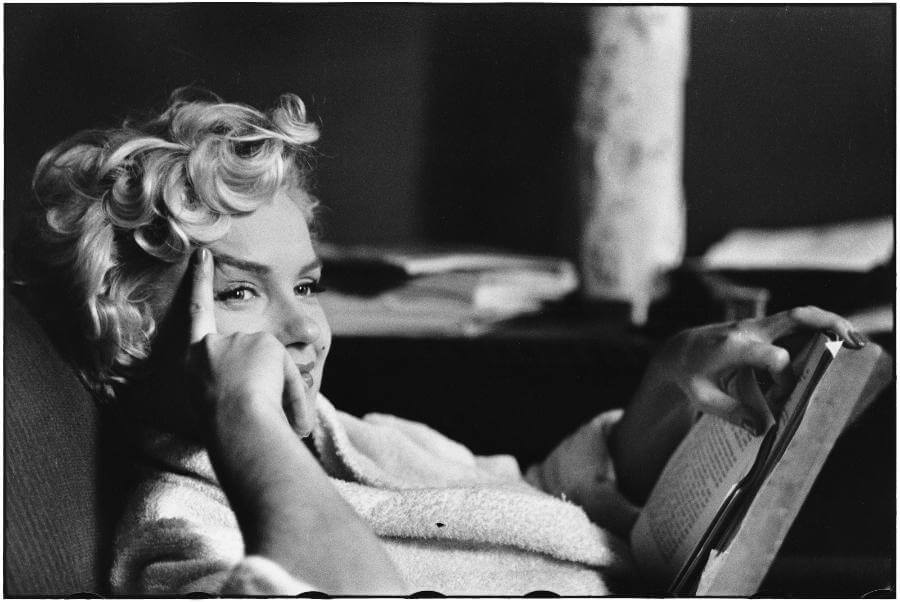As a writer I have spent reading more about writing advice than I’ve been actually writing as I have plenty of blogs I’ve followed through the years and not all that much completed work to my name. Writing advice is a curious thing. Everyone and their grandmother dishes it out and rather than explain their advice is tied to personal experience, some people push it out as the gospel truth.

“Thinker, Not a Talker” – artist unknown
Depending on what you’re looking for, you’re bound to find contradictory advice by people who have found some form of success and use said success as evidence of the ‘one true way’.
I’ve learned the hard way ‘one true way’ doesn’t exist. For years I’ve tailored my writing after advice I have read on the Internet, which had disastrous effects on me as a novice back when I took writing seriously. It’s why I mull over writing in silence and rarely put out advice.
All writers are not in the slightest created equal, which makes this phenomenon all the more interesting. I have a bad memory, so I can’t really give many examples of this, although there are many, so I have to contend with JA Konrath. He’s an evergreen example and he’s prone to lengthy, self-indulgent and onanistic blog posts that do not allow any room for difference in opinion.
Yes, Konrath has found success doing what he does in the indie scene. Yes, please tell us how you do it. But please, you are not the messiah promised to save writers from the tyranny of the traditional publishing model.
As a friend of mine likes to say, “Calm your tits, woman”.
The continuous either/or back-and-forth on whether writers should bother with traditional or self-publishing and speak with finality on the matter (thank you, Facebook) is weird to me. I can’t help but see it as writers clinging on what work’s for them and needlessly justifying the choices they’ve made. And I feel as though the same applies to advice on writing.
Whatever the psychology behind this is, this aspect of finality is quite problematic, because it teaches writers the road to success lies within following a formula and that’s really not what art is about.

Just in case I’m talking bullshit, here is Marilyn Monroe pondering the same topic.
In this vein, here is some
Writing Advice that Didn’t Work for Me:
Write Every Day
I recognize how stupid it sounds to argue with the most harmless and helpful creed of writers everything, but hear me out. For me, the problem lies in how it’s formulated. The sign of a real writer is that s/he writes every day. S/he can’t NOT write and hello, I’ve been bad with following through on the every single day part.
Yes, I never stop imagining stories, but I’ve never been of the ‘write every day type’ breed as I enjoy the aspect of mentally telling my stories. Around 5% of what imagine is ever brought to the page and I’m happy with that, because I still feel the rush of storytelling.
The attitude that comes with this advice that the writers who don’t write every day are not as serious or real writers makes my blood boil.
Push Through Your Novel’s First Draft
I’ve tried. It makes such perfect sense and I’m grateful to the people who gave it to me, but this ain’t happening. I have no idea how to fix my stubborn inability to get back into my current WIP, but just pushing through it doesn’t really appeal to me or my brain. If I know I’ll end up editing anyway, I can’t NOT go back and edit, but even so, I can’t say I’m feeling confident enough to jump into the editing trap. Also, I’m still not sure whether the novel is for me, so there is that.
Don’t Write Sentences Where Body Parts Are the Subjects
“His fingers wandered across his love’s muscular back.”
“Her eyes followed the smooth, deadly lines of the blade.”
“His hand raised in time to cast the protective barrier between the party and the oncoming rain of arrows.”
This is actually the first writing advice I got as a teen from an older woman, whom I trusted as I was just getting started and even had a few titles published by a small press. The idea here is that the reader would think that a random body part would perform these actions without the rest of the body. Disembodied hands, fingered and eyes…
Everyone else is doing it. I don’t see how this was such a big no-no that needed to edited out of every single sentence I wrote at the time. But I took this advice to heart at the time, making everything difficult.

Nefarious thing, the mind! I can’t help but overthink things.
What I Wish People Had Told Me
I wish writers had told me the following:
“That crazy idea you have? Yes, the one you’re not sure you can pull off and/or publish? Go ahead and write it.” – I’m just now exploring my wilder imagination.
“Write however the story wants you to.” – I didn’t. God knows why.
“Don’t be afraid to blend in genres.” – I used to be a purist. Didn’t work out.
“You should write about Bulgaria and its culture.” – Technically, Lavie Tidhar did tell me this but I spent so much time preoccupied with America as a setting that I still have difficulty to connect with my homeland and my roots.

[…] York Publishers Still Relevant? Gnome Press Co-Founder Dies Slow Burn Success Writing Advice & Advice That Didn’t Work Book Industry Afraid Of Amazon? Inkshares – New Crowdfunding Site For […]
[…] Writers are notorious for giving advice on writing. Doesn’t take long on the Internet to find a million or so articles on how write better, faster and stronger prose. Because it’s inescapable, writers often are assaulted by opinions and ironclad rules on writing, which often contradict each other. In the end, you’re a bit confused and have no idea who to listen. I’ve talked about my disenchantment with writing advice as well. […]
You can do this. Forget how good or bad you think it is and just write. Maybe you’ll read back over it at the end of the month and have an ah-ha’ moment about your wrnitig. Who knows? Besides, you can’t fix it if it isn’t on the page.